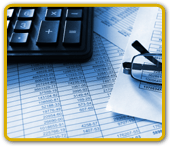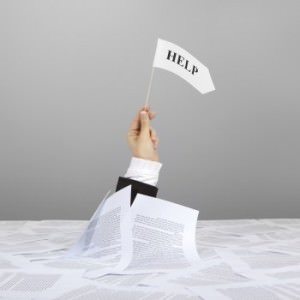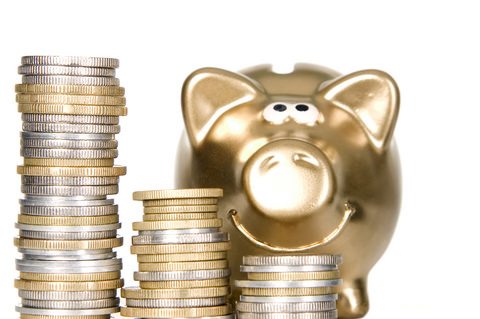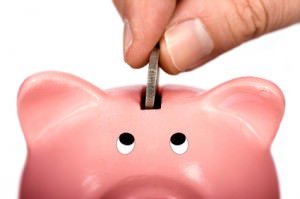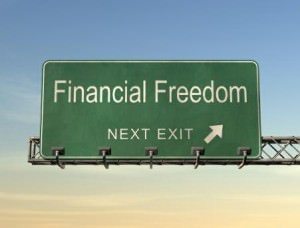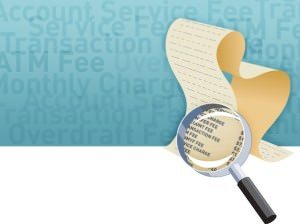Your company’s 401K plan is one of the best ways for you to save for your retirement. Money is taken out of your paycheck automatically and invested in your fund, usually on a pre-tax basis. So, this is like an automatic savings plan, and you should learn how you can take full advantage of it. If you want more information on how you can maximize its benefits for your retirement, read this article.
How Much Can I Contribute to My 401(k)?
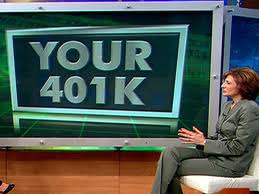 If you are not contributing to your 401K yet, start contributing now. New employees usually have to wait a period of time before they can contribute. However, if you have already been with the company for a while, contact your benefits department right away to begin your contribution. The sooner you begin, the more time your money has to grow in your retirement plan.
If you are not contributing to your 401K yet, start contributing now. New employees usually have to wait a period of time before they can contribute. However, if you have already been with the company for a while, contact your benefits department right away to begin your contribution. The sooner you begin, the more time your money has to grow in your retirement plan.
Many employers match an employee’s 401K contribution as an added benefit. The match is usually up to a certain percentage of income. If your employer offers a matching plan, contribute at least up to the percentage to which they match. The company match is like an automatic, guaranteed return on your contribution. Think of it as free money, which you should not pass up. You can contribute beyond what your company will match. Although that amount will not receive a company match, it is still a good way to set aside pre-tax dollars for your retirement.
Your 401K plan usually offers you a variety of funds in which you can invest your money. It is up to you to learn what these funds are and which ones will work best for your own financial situation. Your HR benefits department will have information for you. You can also contact the custodian of your retirement account, which is usually a large investment firm. Set up an appointment with an adviser from the firm and discuss your financial goals.
Sometimes your company may offer seminars and workshops on 401K plans. Make a point to attend these to learn as much as you can about how you can diversify your portfolio. Each person’s financial situation and risk tolerance are different, so do not just follow the mix that your co-worker chose. Learn about your options, and make your choices based on what you need.
How To Take Money Out of a 401k Plan
Avoid taking out money from your 401K unless it is for a real financial emergency. Your 401K is not your rainy day fund. It is money that you will need in your retirement years. If you get into the habit of dipping into it every time you need money, you will never be able to save enough for retirement. In addition, any early withdrawal results in a 10% penalty on top of the taxes that you have to pay. Therefore, if you have other alternatives to get the money that you need, do not withdraw from your 401K.
If you learn how to manage your 401K now, it will grow into a healthy retirement fund for you when your retirement years roll around. Put in it as much money as you can afford to from each paycheck, and you will be able to reap its benefits when you settle into your golden years.
401K
